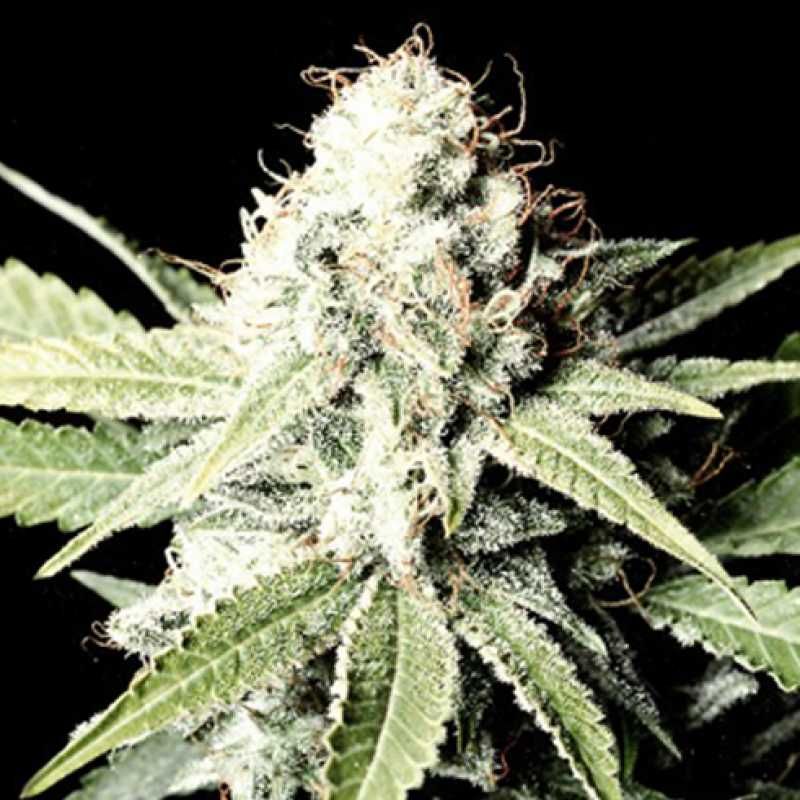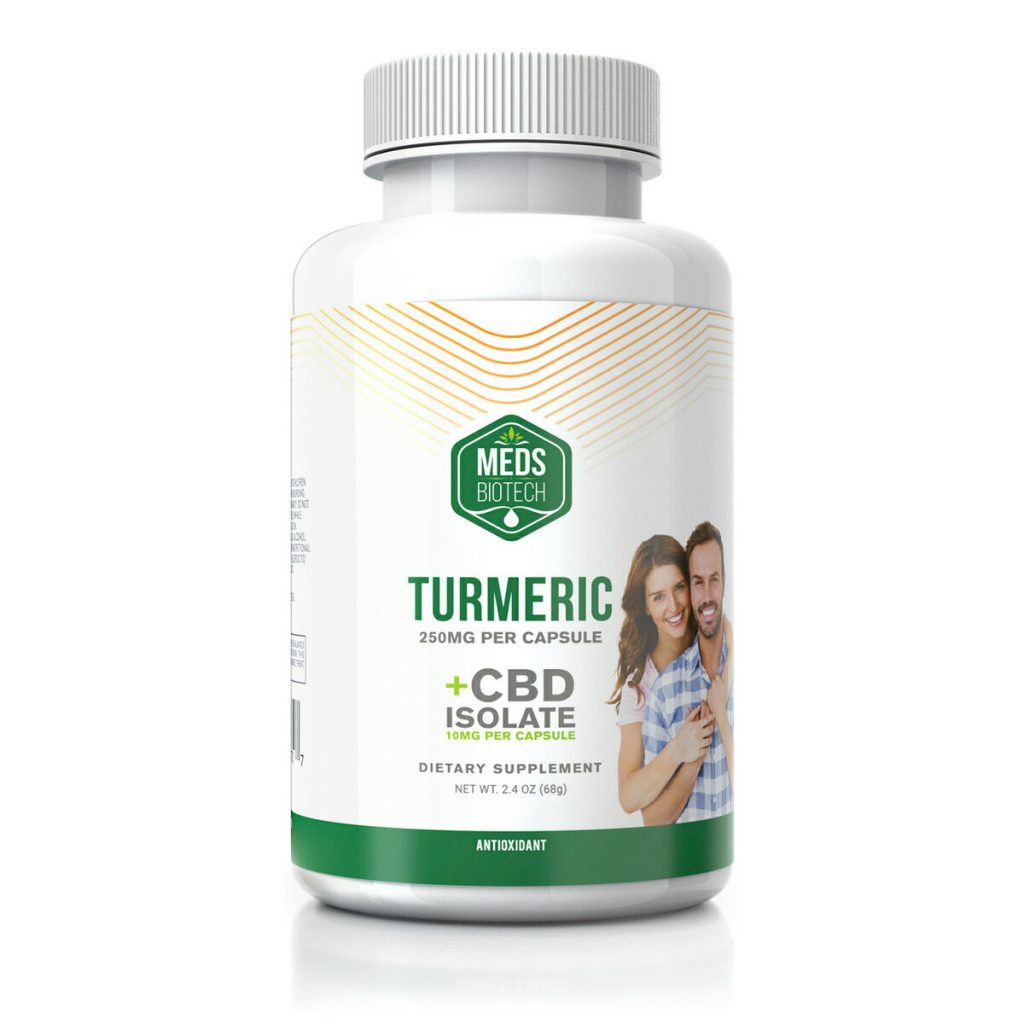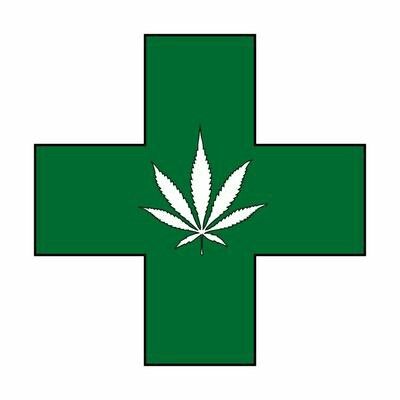CBD for alcoholism is one of the many ways to help people who are recovering from addiction. Using the product can reduce the effects of withdrawal, decrease cravings, and may also provide neuroprotective effects against alcohol-related brain damage. It can also help reduce the risk of liver steatosis, which is a condition that occurs in people who drink too much.
CBD Reduces Alcohol-Induced Liver Steatosis
Alcoholic liver disease (ALD) is the leading cause of liver failure in the world. It comprises a spectrum of phenotypes including simple steatosis, progressive fibrosis, and cirrhosis. Several risk factors are known to contribute to the development of ALD. One of these risk factors is over-consumption of alcohol.
Although alcohol-induced steatosis is considered a relatively benign condition, it may progress to alcoholic liver cirrhosis. The resulting fatty deposition in the liver can make it more susceptible to injury. Therefore, preventing or reducing hepatic steatosis is critical.

CBD Everything
You want CBD? We have pill, oil, vape juice, topical all types of CBD For you!
Several studies have demonstrated that naringenin has the potential to prevent or treat alcohol-induced liver steatosis. However, its exact role in this process is still unclear. Naringenin is a flavanone that is found in grapefruit, orange juice, tomato paste, and tomato sauce. In addition to its lipid-lowering properties, naringenin is able to promote healthy mitochondrial function and reduce oxidative stress.
The molecular mechanisms underlying the effects of naringenin on alcohol metabolism are still not fully understood. For this reason, treatment of patients with ALD with naringenin may be effective in promoting healthy lipid homeostasis.
Studies of zebrafish larvae suggest that naringenin inhibits alcohol-induced liver steatosis. Specifically, naringenin reverses the increased mRNA levels of gadd45aa and chop, two genes that are associated with alcoholic metabolism. Moreover, naringenin attenuates fatty acid synthase and increases lipid homeostasis.
Another study suggests that naringenin can also reverse hepatic steatosis caused by a Parkin knockout mouse. The Parkin gene is located in the brain and has several functions. Some of these include maintaining the mitochondrial population, regulating lipid transport, and regulating mitochondrial biogenesis.
While naringenin does not yet have a clear role in the progression of ALD, its actions may be promising therapeutic options.
CBD Reduces Anxiety Caused By Alcohol Withdrawal
Anxiety caused by alcohol withdrawal is often severe and debilitating. The symptoms can last for hours or even days. There are certain precautions to take when dealing with this condition.
First and foremost, the best way to get around the anxiety caused by alcohol withdrawal is to drastically reduce your alcohol consumption. A good support system can help you through this process.

CBD Capsules
A therapist can also assist you in developing healthier coping skills. It’s important to seek out ongoing mental health support when you start your journey into sobriety.
Alcohol can be a useful tool during times of stress, but it can also be a hazard if used improperly. For instance, it can mask underlying stressors, such as a financial crisis. And it can lead to a worsening of an existing condition, such as depression.
Taking a vitamin supplement is a good way to avoid the negative effects of alcohol. However, make sure to check with your doctor before taking any supplements.
Another good coping strategy is to engage in a hobby or hobby related activity. This can be a great way to release your anxious energy and also help you learn new coping mechanisms.
Quitting alcohol can be a daunting task, but it is one that you can accomplish. Alcohol is a depressant that changes the chemical makeup of your brain. Drinking alcohol can be a great way to relax and calm your emotions, but it can also make your anxiety level go up.
The benefits of quitting include less anxiety, fewer hang-overs, and an increased sense of self-worth. You may also be able to improve your physical health and increase your energy levels.
Reduces Cravings After Relapse For Up To 5 Months Using CBD
If you’re trying to recover from an addiction, it’s important to make sure that you’re getting the best possible treatment. This involves getting adequate sleep and exercise, implementing relapse prevention strategies, and maintaining a healthy diet.
To get the most out of your recovery journey, you’ll need to take it one step at a time. The goal is to achieve sobriety without sacrificing your quality of life. So what steps can you take to do just that?
You might want to consider an outpatient treatment program that involves a combination of medication, therapy, and a self-supporting community. These may be offered on a variety of levels from the intensive to the avuncular. For instance, the most intense forms of therapy might only occur a few times a week while an outpatient program might offer several sessions a day.
There are plenty of medications, like buprenorphine, that can reduce opioid cravings in the short term. However, in the long run, a more holistic approach is the best choice.
Aside from a well-balanced diet and regular exercise, a supportive network of friends and family members can play a big role in helping you stay sober. Having a trusted ear to listen to you can reduce the stress of not being able to stop yourself from relapsing.
Keeping a positive attitude can also go a long way. If you’re feeling stressed out, it’s a good idea to do the math and decide that you need to stop drinking for at least the next hour. It’s okay to use your mobile phone, but it’s a bad idea to use it to text or call your old buddy, who might be on drugs.
CBD May Provide Neuroprotective Effects Against Alcohol-Related Brain Damage
CBD is a non-psychoactive compound that interacts with multiple targets in the central nervous system (CNS). It is believed to have antioxidant and neuroprotective properties. These characteristics are associated with its immunomodulatory action.
The innate immune system is a key mediator of apoptotic signaling following alcohol exposure. Inflammatory processes in the brain can enhance tissue damage, leading to neurodegenerative conditions. Therefore, anti-inflammatory agents have been proposed as a therapeutic strategy for FASD. Several studies have examined the effects of cannabinoids in this context.
During prenatal alcohol exposure, microglial activation and cytokine production occur in the foetal rodent brain. This can persist into the adult brain. However, adaptive changes in NF-kB signalling may protect against potent neurotoxicity after repeated cycles of alcohol consumption.
Cannabidiol (CBD) is a non-psychoactive, synthetic cannabinoid with several potential applications. Its antioxidant and immunomodulatory properties may help it to mitigate alcohol-related brain damage.
Studies have shown that a chronic heavy alcohol use results in cognitive deficits. Deficits in high-order functions such as spatial memory and delayed object recognition have been observed in clinical reports. A recent study demonstrated that cannabidiol reduced alcohol-induced brain injury in rats.
In a binge-like ethanol-drinking rat model, CBD was administered as a treatment for ethanol-induced neurodegeneration. It significantly attenuated ethanol-induced cell death for entorhinal cortical pyramidal cells. Additionally, CBD attenuated several markers of liver inflammation.
Preliminary research has shown that cannabidiol prevents alcohol-related steatosis and fibrosis in the liver. Moreover, it has been shown to reduce craving for alcohol and alcohol-related relapse. As a result, it could be an effective therapeutic approach for alcohol-related liver disease in AUD subjects.
CBD attenuates proinflammatory cytokines and neuroinflammatory processes. These cytokines include IL-6 and TNFa.
